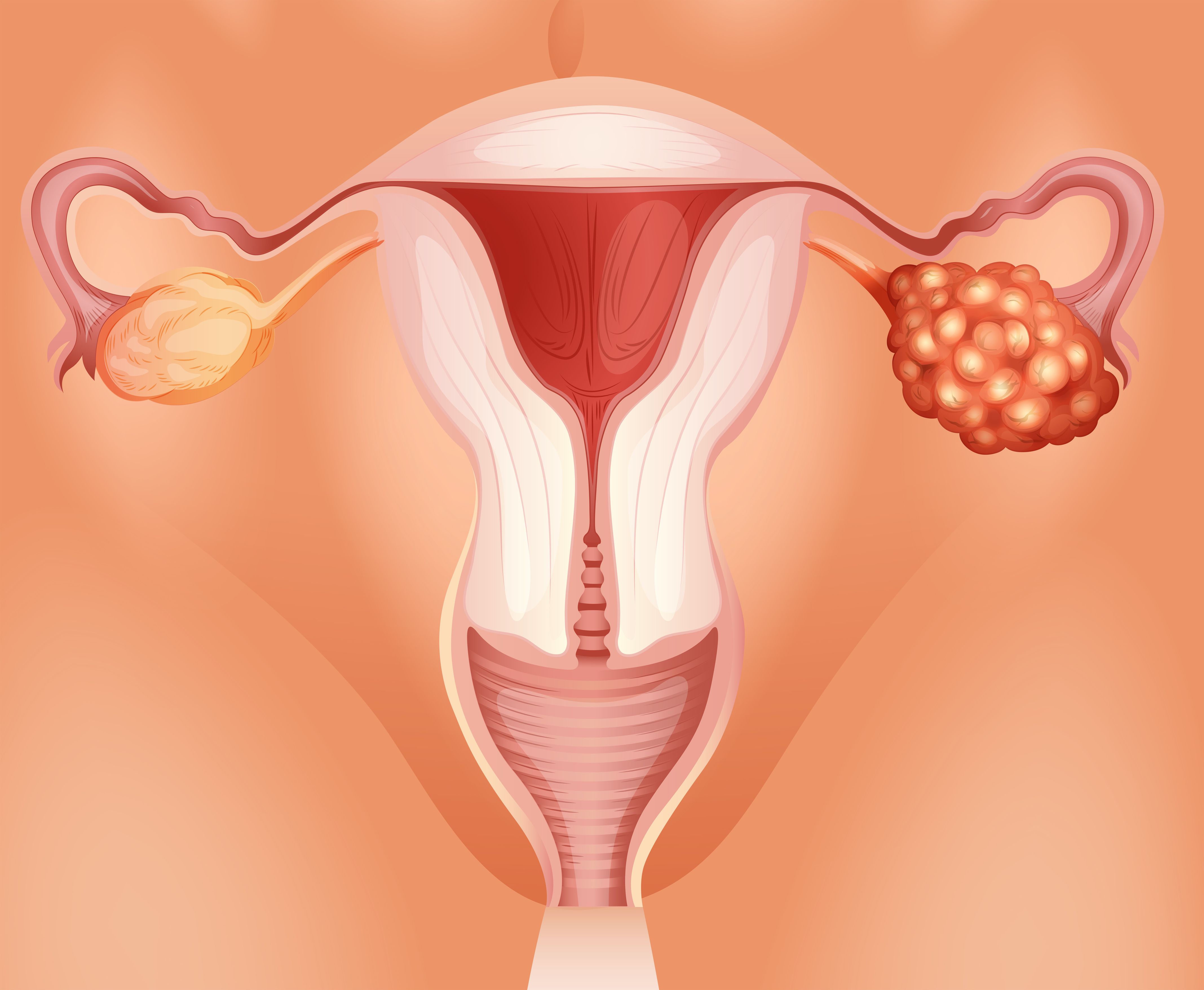VLS-1488 Gains FDA Fast Track Status in Advanced Ovarian Cancer
The FDA has granted VLS-1488 fast track designation in patients with platinum-resistant high-grade serous ovarian cancer.

- Fast track designation has been granted to VLS-1488 by the FDA for the treatment of platinum-resistant high-grade serous ovarian cancer (HGSOC).
- VLS-1488 is a KIF18A inhibitor being evaluated for the potential treatment of patients with advanced cancers.
- A first-in-human phase 1/2 study (NCT05902988) is currently exploring the agent’s potential.
The FDA has granted fast track designation to the KIF18A inhibitor VLS-1488 for the potential treatment of patients with platinum-resistant HGSOC.1
Fast track designation is a program designed to accelerate the development and review process for new drugs aimed at treating serious or life-threatening conditions. To be eligible for this designation, there must be compelling evidence showing that the drug has the potential to meet an unmet medical need in the specified condition.
“Platinum-resistant high-grade serous ovarian cancer is marked by poor prognosis, highlighting the urgent need for new therapies for this devastating disease,” said Scott Drutman, MD, PhD, head of research and development and chief medical officer at Volastra, in a press release. “Fast track designation for VLS-1488 reaffirms the clear potential of KIF18A inhibition to address this unmet medical need and represents a critical step towards bringing these novel therapeutics to patients. We look forward to working closely with the FDA as we advance the development of inhibitors against this promising target.”
VLS-1488 is currently undergoing evaluation in a first-in-human phase 1/2 study.2 Here, experts are assessing the agent’s safety, tolerability, and preliminary efficacy in patients aged 18 years and older with advanced cancers, including those with HGSOC. Patients are required to have an ECOG performance status of 0 or 1, at least 1 site of measurable disease by RECIST 1.1 criteria, and be able to receive oral medication.
Illustration of ovarian cancer: © blueringmedia - stock.adobe.com

The study is evaluating VLS-1488 when given as part of 28-day cycles. Patients will continue to receive treatment until they experience progressive disease, intolerable toxicity, withdrawn consent, or if any other discontinuation criteria are met.
In the dose-escalation portion of the study, patients with HGSOC, squamous non–small cell lung cancer (NSCLC), triple-negative breast cancer (TNBC), gastric adenocarcinoma without Epstein-Barr virus (EBV) positivity, colorectal cancer (CRC), esophageal squamous cell carcinoma (ESCC), esophageal adenocarcinoma, gastroesophageal junction cancer, transitional cell bladder cancer, ovarian carcinosarcoma, copy number (CN)-high endometrial or uterine cancer, or head and neck squamous cell carcinomas (HNSCC; excluding nasopharynx, sinonasal, or lip) will be enrolled. Eligible patients must have no available therapeutic options that offer clinically meaningful benefits.
Patients with HGSOC, squamous NSCLC, TNBC, gastric adenocarcinoma without EBV positivity, CRC, ESCC, esophageal adenocarcinoma, CN-high endometrial or uterine cancer, and HNSCC (excluding nasopharynx, sinonasal, or lip) who previously received several lines of standard-of-care therapy specified in the trial protocol will be enrolled in the dose-expansion phase of the study.
For the escalation phase, the primary end point is to establish the safety and tolerability of VLS-1488 at several dose levels. Experts aim to identify a maximum tolerated dose and which dose levels to further explore in the expansion phase.
In the expansion phase of the study, the safety and tolerability of the agent will be further explored. Investigators will also assess drug-drug interaction risk, food effect, and preliminary efficacy.
An estimated 120 patients will be enrolled in the study, and the estimated primary completion date is December 2025.